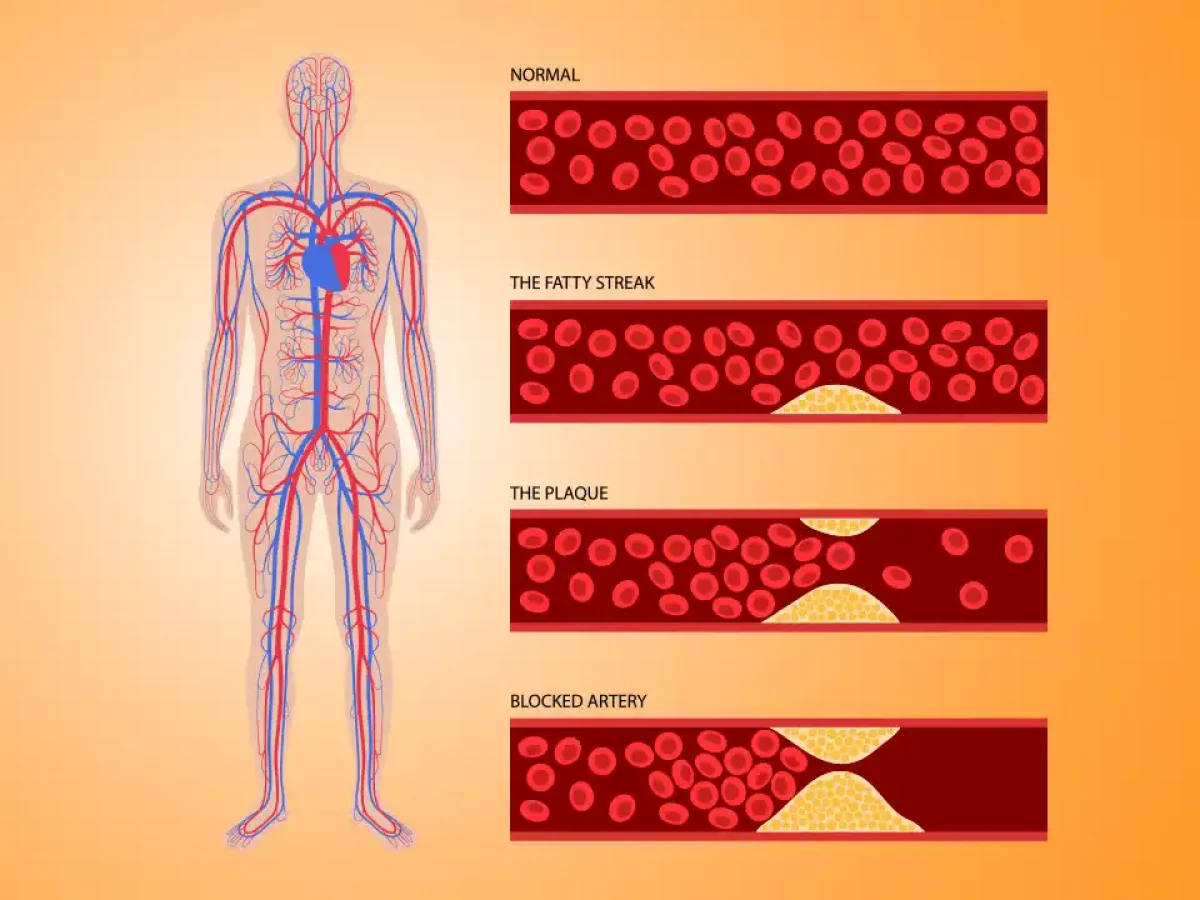ERYTHROCYTE SEDIMENTATION RATE (ESR)
The erythrocyte sedimentation rate (ESR or sed rate) is a relatively simple, inexpensive, non-specific test that has been used for many years to help detect inflammation associated with conditions such as infections, cancers, and autoimmune diseases.ESR is said to be a non-specific test because an elevated result often indicates the presence of inflammation but does not tell the health practitioner exactly where the inflammation is in the body or what is causing it. An ESR can be affected by other conditions besides inflammation. For this reason, the ESR is typically used in conjunction with other tests, such as C-reactive protein.ESR is used to help diagnose certain specific inflammatory diseases, including temporal arteritis, systemic vasculitis and polymyalgia rheumatica. (For more on these, read the article on Vasculitis.) A significantly elevated ESR is one of the main test results used to support the diagnosis.This test may also be used to monitor disease activity and response to therapy in both of the above diseases as well as some others, such as lupus.



